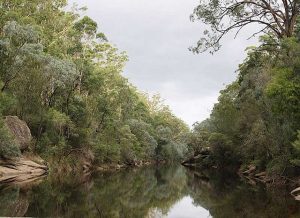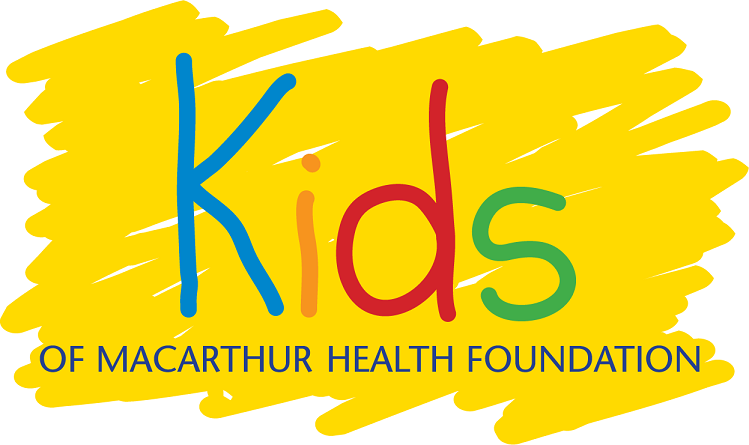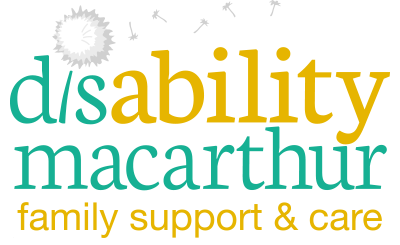
[dropcap]S[/dropcap]outh Western Sydney Local Health District Public Health Unit is urging people to take extra precautions to protect themselves against mosquito bites and mosquito-borne diseases during the Easter holiday period.
This is particularly important for people enjoying outdoor activities such as camping or fishing in areas with high mosquito numbers over the Easter long weekend.
Public health unit acting director Dr Kate Alexander said mosquito trapping around the Deepwater Park area of the Georges River last week showed high numbers of the saltmarsh mosquito, Aedes vigilax.
The NSW Arbovirus Surveillance and Mosquito Monitoring Program recently detected Barmah Forest Virus in mosquitoes around the Georges River.
“The public health unit is monitoring notified cases of Ross River and Barmah Forest virus infection as in previous years to determine numbers of cases, and in particular, whether it seems likely the infection has been acquired locally or elsewhere,” Dr Alexander said.
“No cases caught locally have been reported yet and we are hoping if people avoid bites from the saltmarsh mosquitoes using these simple steps, there won’t be any.
[social_quote duplicate=”no” align=”default”]“Barmah Forest virus and Ross River virus are spread by mosquitoes that feed on infected animals.[/social_quote]
“Symptoms may include tiredness, rash, fever, and sore and swollen joints.
“While these symptoms usually subside after several days, some people may experience these symptoms for weeks, or even months.
“Members of the public should see their local doctor if they experience these symptoms.
“The infection is diagnosed by a blood test and a second blood test taken two to four weeks after the first may be needed to confirm the diagnosis.
“There is no specific treatment for these viruses. The best way to avoid infection is to avoid being bitten.”
Simple steps to avoid being bitten by mosquitoes include:
- Avoid being outside, unprotected, when mosquitoes are common at dawn and dusk. When outside, cover up as much as possible with light-coloured, loose-fitting clothing and covered footwear
- Apply mosquito repellent regularly to exposed areas (as directed on the container)
- Repellents containing Diethyl Toluamide (DEET) or Picaridin are best
- Don’t use repellents on the skin of children under the age of three months. Instead use physical barriers such as netting on prams, cots and play areas for babies
- Eradicate mosquito breeding sites around the home, such as containers that hold water
- Use flyscreens on windows and doors of houses and keep them in good order
- When camping, use flyscreens, or sleep under mosquito nets
For a copy of the NSW Health fact sheets on Barmah Forest virus and Ross River virus infections, go to: www.health.nsw.gov.au/Infectious/factsheets/Pages/Barmah_Forest_virus_infection.aspx and www.health.nsw.gov.au/Infectious/factsheets/Pages/Ross-River-Fever.aspx



